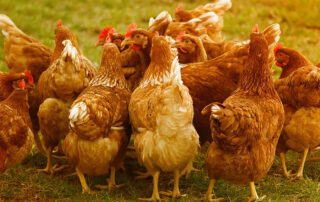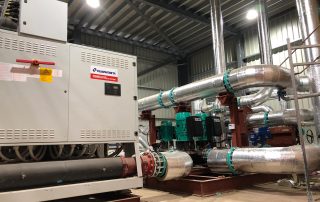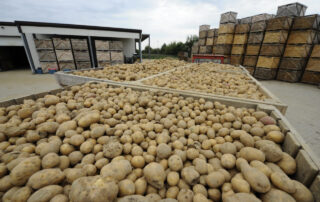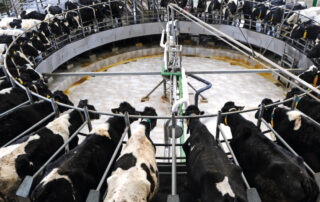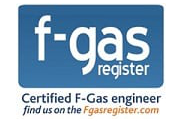The food and drink industry uses significant amounts of energy throughout its supply chain. It is required for various processes involved in food production, growing, processing, packaging, warehouse storage and distribution.
The food and drink industry is increasingly adopting sustainable practices and switching to eco-technologies to reduce energy consumption and environmental impact. This includes investing in renewable energy sources, optimising production processes and de-carbonising heat to minimise energy waste, and reducing greenhouse gas emissions throughout the supply chain to meet net zero targets.
Agricultural activities such as land preparation, irrigation, planting, and harvesting use large amounts of energy. Machinery powered by fossil fuels, such as tractors and combines, are commonly used in modern agriculture. Energy is also required for operating irrigation systems, powering greenhouses, and maintaining optimal conditions for livestock farming. An area where an more carbon friendly alternatives can be considered is the heating and chilling of spaces and produce.
Brewing is an energy-intensive process that requires significant amounts of energy for various stages of production to convert raw materials like malted barley, hops, water, and yeast into beer.
The initial stage, malting, where barley grains are germinated and dried, requires energy for heating and drying the grains to the desired moisture content, which affects the quality of the malt. The brewing process involves mashing, boiling and fermenting the malted barley. Mashing requires hot water to extract sugars from the malt, which entails energy consumption for heating the water.
Calibrate can help in this mission by proposing and installing solutions to transform an organisation’s energy profile and meet the Government’s agenda to reach net zero. We can support in making the transition to installing renewables, as well as upgrade or expand existing systems, making your business more sustainable and positively impact your bottom line and carbon profile.
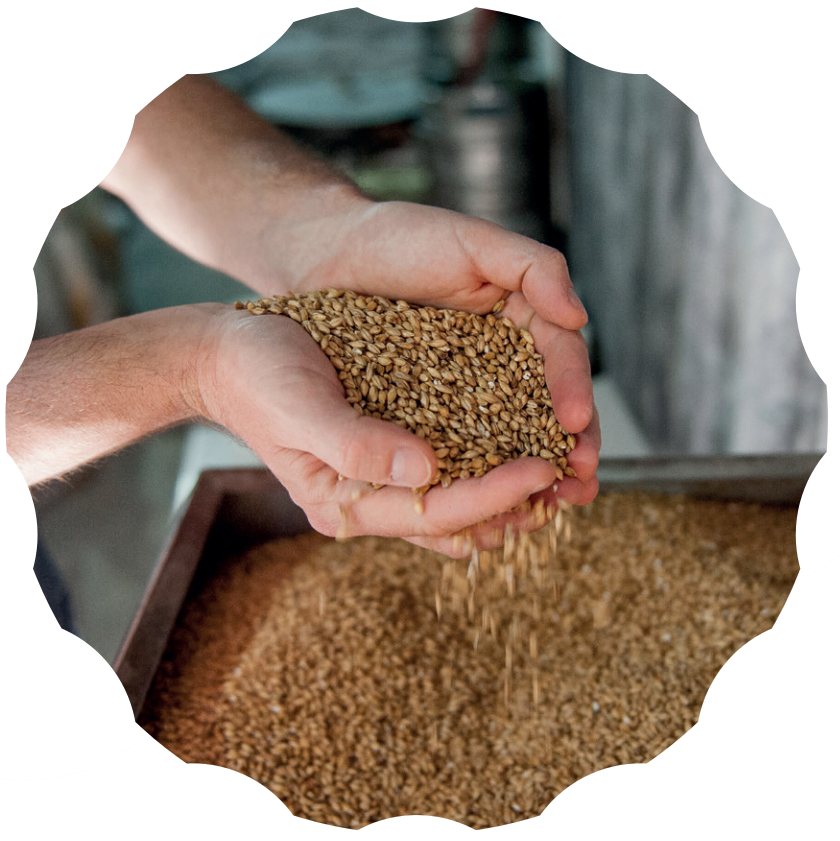
Certified and Accredited
Calibrate Energy is MCS accredited and GSHP Association members.
We have also achieved ISO9001 NQA status.







